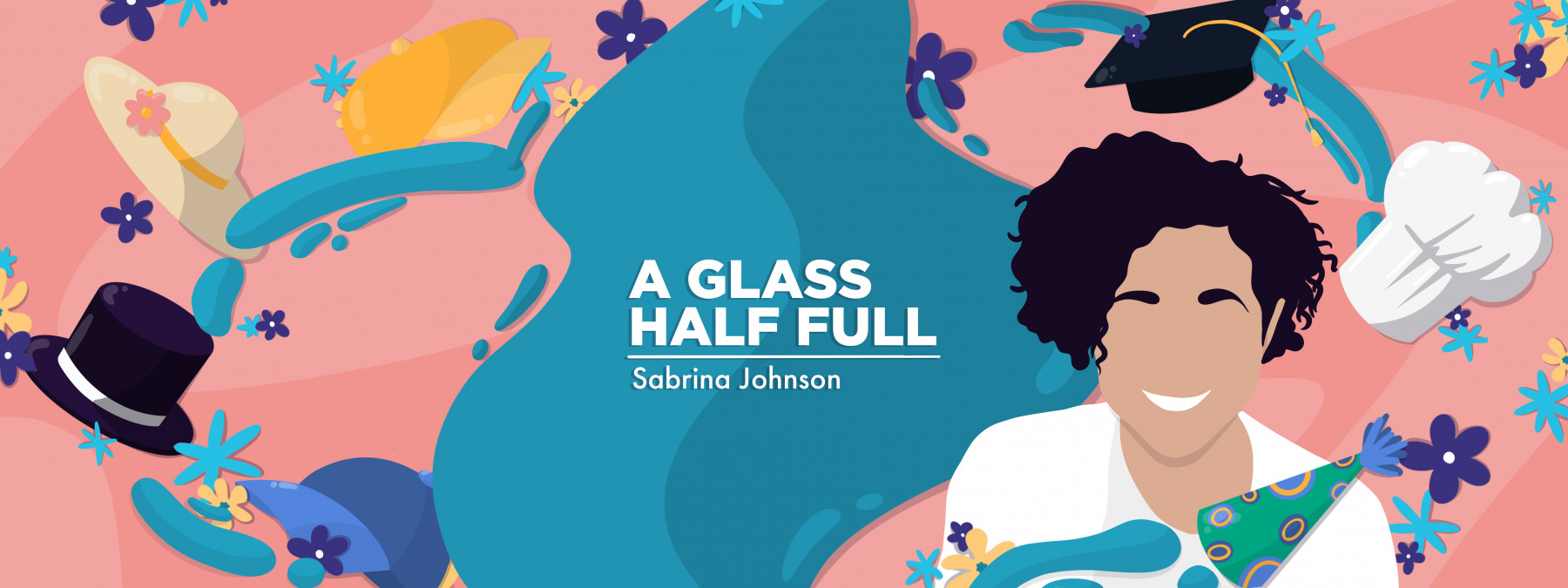Thanks to Angelman syndrome research, I’m still hopeful for a cure
Every new study contributes to the body of knowledge about the disease
Written by |

I was disappointed to read the news recently about new data from a Phase 3 clinical trial of an investigational treatment for Angelman syndrome called OV101 (gaboxadol). Developed by Ovid Therapeutics, the experimental treatment did not appear to combat the complexities brought on by Angelman.
I see this setback as merely a part of the process. My 13-year-old Angel, Juliana, may not reap the benefits of an eventual cure for Angelman syndrome. Still, I remain optimistic that researchers will one day counteract some of the effects of Angelman. What keeps me hopeful? It’s all about the research.
When I explain Angelman syndrome to someone for the first time, one detail I mention is the possibility of a cure. In layman’s terms, I discuss the advancements made via scientific inquiry. I talk about interesting mice studies. And while I might butcher some of the specifics, I mention the UBE3A gene in the brain. After doing this several times, I began to realize that in scientific discovery there is hope.
The fact that I know this information well enough to pass it on is a step forward. Yes, there is still more to be learned about Angelman syndrome. I have lots of questions that may never be answered. To help counter some of the unknowns, we participate in clinical trials. The information gained from these trials sometimes helps to formulate much-needed best practices for Angels. Unlike some other disorders, Angelman syndrome is not commonly known or widely understood.
Best practices
With only 1 in 15,000 people affected, Angelman is undoubtedly a rare neurological genetic disorder. However, I am meeting more doctors — and even teachers — who have known someone with Angelman. With each study that is completed, more knowledge is gained. In my opinion, new information certainly helps advance us toward a win. It’s a battle, and the chances of defeating the enemy increase with strategic moves and better intel.
I don’t know if I’ll ever get to witness the end of this disorder that has changed my life dramatically. But that doesn’t mean I’m not hopeful. Yes, it would be great to wake up and read a headline announcing that a miracle drug has been found to reverse the effects of Angelman, but that day hasn’t arrived yet. In the meantime, I’ll keep relying on the information I do have, which leads to the best care practices for my Angel.
Note: Angelman Syndrome News is strictly a news and information website about the disease. It does not provide medical advice, diagnosis, or treatment. This content is not intended to be a substitute for professional medical advice, diagnosis, or treatment. Always seek the advice of your physician or other qualified health provider with any questions you may have regarding a medical condition. Never disregard professional medical advice or delay in seeking it because of something you have read on this website. The opinions expressed in this column are not those of Angelman Syndrome News or its parent company, Bionews, and are intended to spark discussion about issues pertaining to Angelman syndrome.







Leave a comment
Fill in the required fields to post. Your email address will not be published.